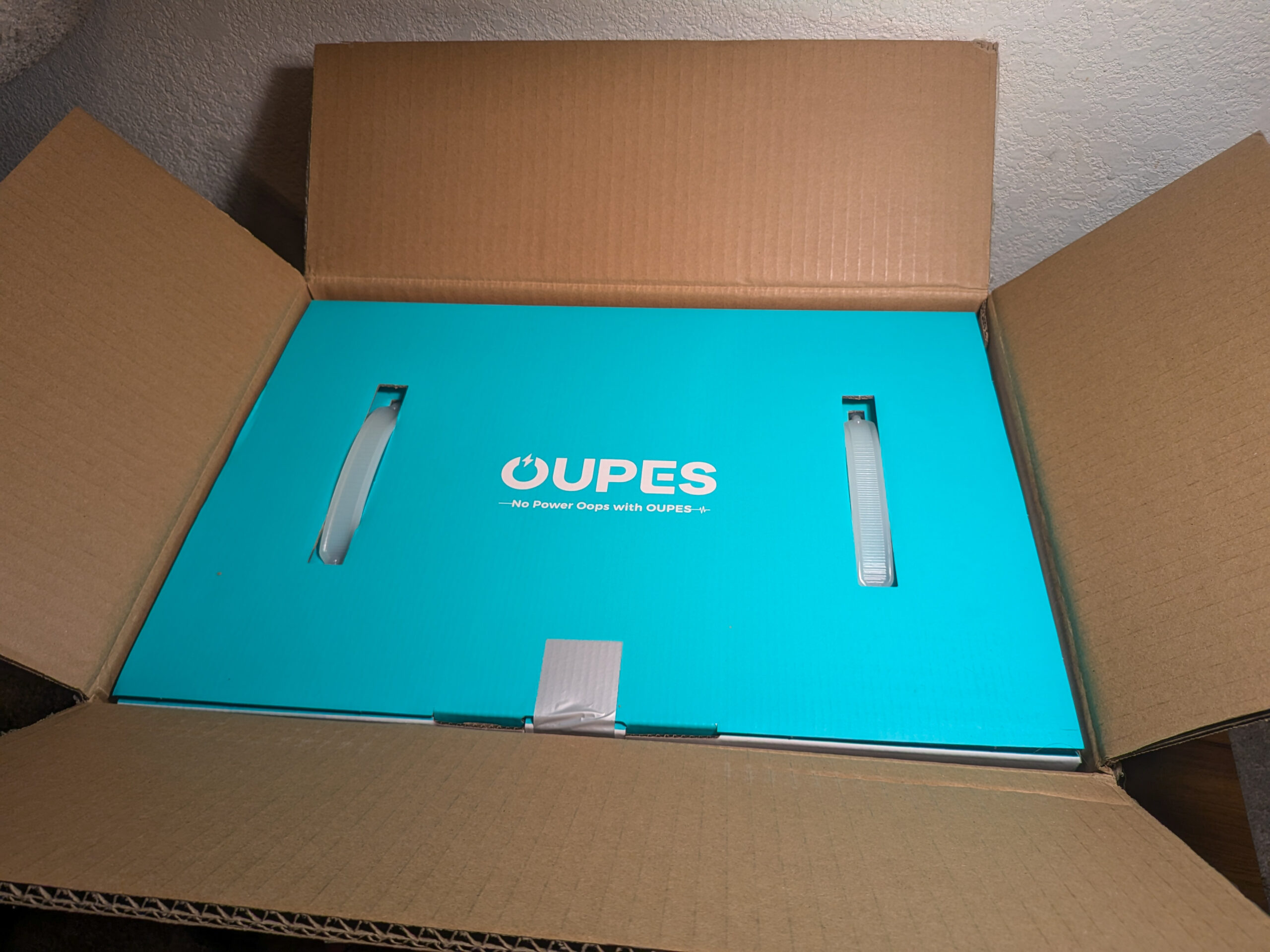London, February 20, 2025, (Oilandgaspress) –––The TMS Ship Finance and Trade Conference 2025 brought together global industry leaders, financial experts, and policymakers for transformative discussions on the future of maritime trade, finance, and sustainability. The conference served as a vital platform for addressing key challenges, exploring financial innovations, and advancing sustainability-driven solutions for the maritime sector.
The event commenced with a welcome address by Nawal Al-Maghafi, Senior Broadcast Journalist at BBC, who reflected on the implications of the recent U.S. elections on global trade policies. She highlighted the potential shift towards stronger domestic priorities, which could reshape supply chain dynamics, tariff structures, and environmental policies. Al-Maghafi cautioned that these changes might slow sustainability efforts and pose challenges for maritime decarbonization. Emphasizing that sustainability is no longer an aspiration but a necessity, she called for innovative solutions, regulatory frameworks, and collaborative action to ensure the industry’s long-term resilience.
Following the welcome address, Dr. Ibrahim Al Nadhairi, CEO of ASYAD Shipping, delivered a keynote speech titled “Driving Growth and Innovation in Maritime Logistics: A Vision for the Future.” He underscored the evolving role of the maritime sector in global trade, shaped by major disruptions such as the pandemic, the Suez Canal crisis, and geopolitical uncertainties. Dr. Al Nadhairi stressed the urgency of adopting sustainable financial models and innovation-driven strategies to secure long-term success. “The next decade will be defined by how we finance, innovate, and collaborate in maritime logistics,” he stated, reinforcing the need for adaptability and forward-thinking approaches.

The discussion on sustainability was further strengthened by Capt. Ammar Mubarak Al Shaiba, CEO of the Maritime & Shipping Cluster, AD Ports Group, who addressed the financing of green shipping solutions in his keynote address. He highlighted that sustainability is no longer optional but a strategic imperative for the maritime industry. “Collaboration is key to strengthening resilience and driving sustainable maritime solutions,” he emphasized, urging financial institutions, governments, and private sector stakeholders to support decarbonization efforts. He also pointed to sustainability-linked loans, green bonds, and public-private partnerships (PPPs) as critical financial instruments in advancing the transition to greener, more efficient shipping practices.
Building on these insights, the conference sessions delved into critical discussions on sustainable maritime networks and financial innovation.
.
The first session, Supporting the Development of Sustainable Shipping, Ports, and Maritime Networks – Strategies for Success, was moderated by Nawal Al-Maghafi and featured prominent industry experts. Daniel Richards, Senior Economist at Emirates NBD, opened the discussion with a macroeconomic perspective on sustainability-driven maritime growth. Martin Aarup, Group CFO at AD Ports Group, discussed financial frameworks supporting green shipping initiatives, while Tony Dagher, Managing Director of TMC Shipping, explored the role of private sector investments in maritime sustainability. Ali Shehab, Global Director of Special Projects and Services at DNV, highlighted regulatory advancements for greener shipping practices, and Ambrish Bansal, Senior Vice President – Business Advisory & Consulting at Lloyd’s Register, examined risk assessment in financing sustainable projects. Adam Shaikh, Head of Sale & Purchase at Tomini Shipping, provided insights on fleet modernization and eco-friendly ship investments, while Ali Abouda, Group CFO at Gulf Navigation Holding, spoke on sustainable financial models in shipping. The session also featured Daejin Lee, Global Head of Research at FertiStream, analyzing the economic impact of sustainability in global supply chains, Tien Tai, Partner at HFW, addressing legal challenges in implementing sustainability regulations, and Aneel Sabir, Director of MENA at Enigio, highlighting the role of digitalization in sustainable shipping solutions.
The second session, Developing Financial Solutions – The Need for Innovation and Change, chaired by Ali Shehab, explored the growing need for financial innovation in maritime trade. Niall Nolan, CFO – Maritime & Shipping Cluster at AD Ports Group, discussed capital investment strategies for sustainable shipping, while Tim Coffin, CEO of Tristar Eships, examined innovative financial structures for green maritime initiatives. Capt. Amarjit Kauchhur, Vice President Middle East / Regional Director at International Registries (U.K.) Limited – Dubai Branch, addressed financial compliance and regulatory requirements, and Chris Peters, Senior Executive Officer at Montfort Capital Ltd, analyzed private equity investments in the maritime sector. Dr. Mohamed Alhosani, Heat Transfer and Sustainability Research at Abu Dhabi Maritime Academy, focused on sustainable energy solutions for shipping. The session continued with Shailesh Bhala, COO of Best Oasis Limited | SPM Shipping, examining the financial viability of ship recycling and sustainability, and Michael Savva, Partner at Watson Farley & Williams, addressing legal and financial risk management in maritime finance. Knut Mathiassen, Managing Director of Oceans 8 Consulting FZ LLP, explored ESG-compliant financial structures, while Souren Gharnagharian, Investment Manager – East at Australis Maritime, concluded the session with insights on innovative capital-raising approaches for green shipping.
The TMS Ship Finance and Trade Conference 2025 reaffirmed its role as a leading platform for industry stakeholders to engage in meaningful discussions, strategize for the future, and drive financial innovation and sustainability. With a strong commitment from global leaders, the event underscored the urgent need to reshape maritime finance, strengthen industry resilience, and accelerate the transition toward a more sustainable and technologically advanced shipping industry.

Information Source: . Read More
Oil and gas press covers, Energy Monitor, Climate, Gas,Renewable, Oil and Gas, Wind, Biomass, Sustainability, Oil Price, LPG, Solar, Marine, Aviation, Fuel, Hydrogen, Electric ,EV, Gas,




